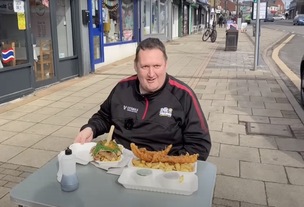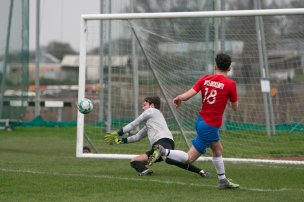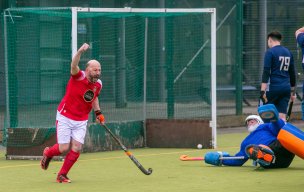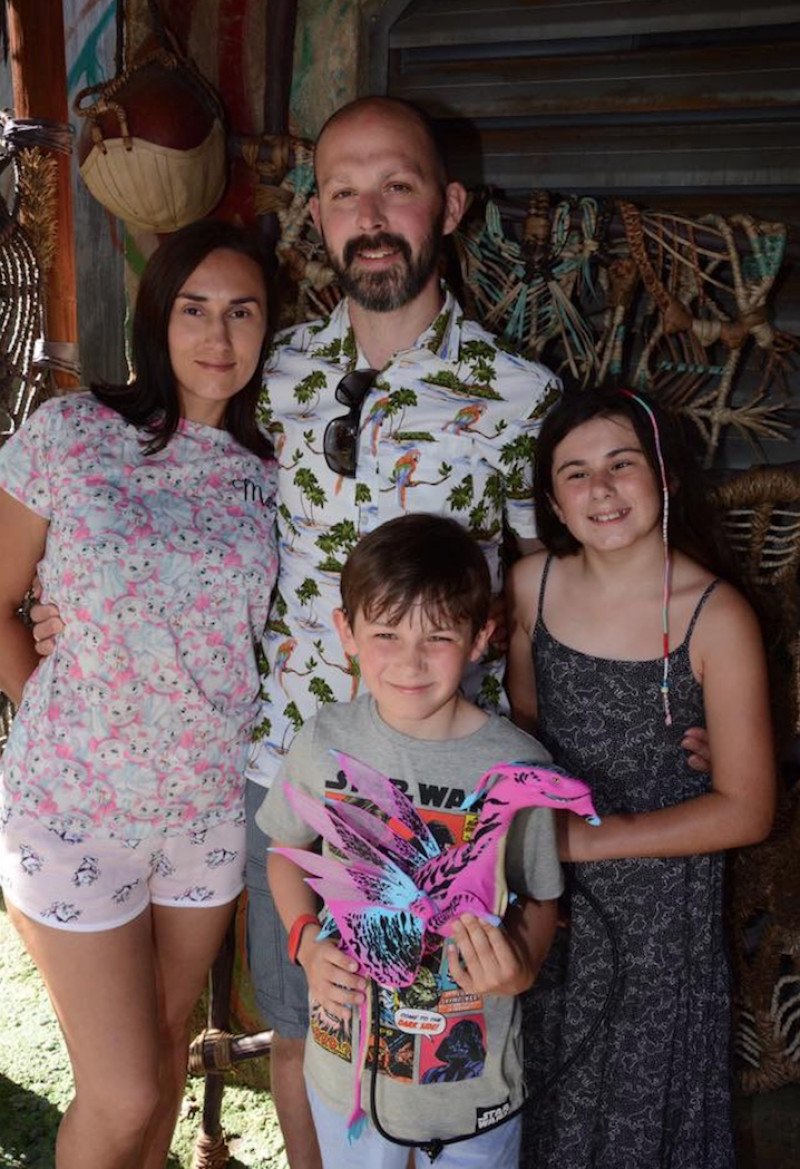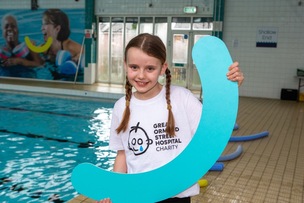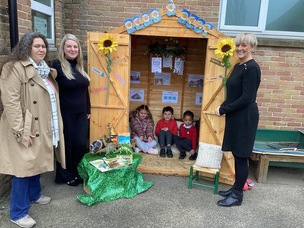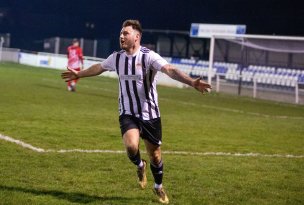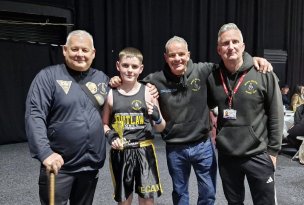A MAN who has lived with a rare and incurable form of cancer for more than a decade is appealing for people to always seek medical advice if they have concerns.
Robert Sargieson started experiencing pain in his coccyx in 2008 at just 24 years old. After visiting his GP he was told he was experiencing coccydynia, inflammation of the coccyx, and was told to take paracetamol and ibuprofen to help ease his the pain.
“My GP asked if I’d had a fall recently and I remembered I had fallen backwards in the garden earlier in the year but it didn’t cause me excruciating pain like you hear from fracturing your coccyx,” said Robert, now 36, from Wordsworth Road, Monk Bretton.
“By November 2010 my wife, Michelle, noticed there was a noticeable lump where I was complaining of the pain, I was again referred to a specialist and spent 2011 on different pain killers, having acupuncture and trying a tens machine.
“By September 2011 I started to struggle with my bowel movements and decided to see a private specialist through my work insurance.”
In January 2012, after an MRI scan, a mass was found on Robert’s coccyx that measured 16cm at its largest point. A biopsy confirmed Robert’s worst fears - the lump was cancerous.
“I was diagnosed with cancer on February 6, 2012 and I became a one-in-a-million person as I was diagnosed with chordoma,” he said.
Chordoma is a rare type of cancerous tumour that can occur anywhere along the spine. The tumours grow slowly and extend into the bone and soft tissue around them.
“When I was diagnosed, I did what everyone tells you not to do; I Googled ‘what is chordoma?’ Google is great for a lot of things, but providing up-to-date information about chordomas is not one of them,” said Robert.
In an attempt to treat his chordoma, Robert was flown to Florida in 2014, to undergo proton therapy which doctors hoped would destroy the large chordoma on his coccyx. However, scans showed that the new treatment had not worked and that cancer had spread to Robert’s hips and pelvis.
Over the next five years, Robert’s chordoma spread to his ribs, entire spine and brain and by 2018, he was told he had exhausted all known drugs that he could try through Weston Park Hospital in Sheffield.
Early this year the chordomas pressing on his spine left him in a wheelchair and unable to use his legs.
“One of the disadvantages of being one-in-a-million is that little is known about the disease so there aren’t many options other than surgery or radiotherapy. I was lucky to find a private group on Facebook called Chordoma Survivors where we can share our stories, vent our frustration and give each other advice. It can be really lonely not having anyone to talk to who can relate to what you are going through. I was also put in contact with Bone Cancer Research who I help to fundraise for to help them with their research.”
Despite his ordeal over the past decade, Robert tries to remain positive for his wife and two children; Grace, 11, and Jack, nine.
“I just try and get on with my life,” said Robert.
“The kids grew up with me having chordoma but it is a bit more obvious now. I’m just trying to make the most of things and the time we have together.
“We’ve been to Disneyland in America and on a Mediterranean cruise, it’s all about making great memories that the kids and Michelle can cherish. This year hasn’t been kind to me. With the loss of the use of my legs, Michelle has had to give up her work as a veterinary assistant to become my full time carer.
“Obviously I can’t do as much as I could when I could walk so I’m reliant on other people a lot of the time.”
Robert wants to urge people to be persistent with their health and to keep visiting their GP if they feel that things aren’t right.
“They didn’t find my chordoma initially and it took a lot of pushing to get a diagnosis, and despite everything that has happened I am glad I know what is making me ill instead of taking the first diagnosis I was given.”


